Europe sidelined in indirect Iran-US talks, despite key role in 2015 deal
EU officials and government leaders are increasingly frustrated at being sidelined by the Trump administration in the recently launched indirect nuclear and sanctions relief talks between the US and Iran.
On Friday, we put the question to an EU spokesperson multiple times, but each time we received the same response.
We continue to liaise with all the relevant parties, you mentioned a few of them, to foster diplomatic solution, and we would reiterate our commitment to a diplomatic solution.
Guillaume Mercier, EU Foreign Policy Spokesperson
Perhaps it's no surprise that top EU figures are upset as they had played a central role in brokering the 2015 JCPOA nuclear deal before it was torn up by Donald Trump.
It's clearly not Tehran that's excluding Europe from the current process. Iran's foreign minister Abbas Araghchi has once again extended a diplomatic hand to key players, France, Germany and Britain.
Experts are optimistic about the prospects for a new deal, though they say Tehran is likely to be even more cautious this time around.
Of course, an agreement that will satisfy both sides, because there cannot be an agreement in which there is a surrendering of Iran. This will never happen, as it has been very clearly spelled out.
Paolo Faffone, CIPI Foundation
EU citizens are also cautious about expressing too much optimism, given that Trump is back in the White House.
I mean, it's always unpredictable, what he will do, what he will say, but at least he has tried to do something, to push forward. So yeah, let's hope that it can result in something positive.
Member of Public 01
Hold, political talks, nuclear, etc, etc, that would strike another balance in the region, which, again, will result in a different oil prices and money flows and so on. It's all linked. It's not just nuclear peace talks.
Member of Public 02
Technical talks that were due to take place on Wednesday are now set to begin on Saturday in Oman. They will run alongside high-level nuclear negotiations.
While both sides are playing down expectations, the talks themselves suggest that diplomatic channels, though limited for now, remain open.
Although not directly involved, officials at the European Commission in Brussels will be watching very closely.
Iran slams Israeli attacks on Lebanon, warn UNSC’s inaction to embolden regime
Iran says has ‘no choice’ but to fight back, holds no enmity toward American people
Bahraini police assaults crowds mourning loss of Ayatollah Khamenei
Iran posed no imminent threat to US: Pentagon tells Congress
Iran will hold no negotiations with US: Larijani
Despite Leader's martyrdom, Islamic Republic firmly in control and punishing the enemy
At least 31 killed in Israeli aggression on southern Lebanon after Hezbollah strikes
Iran writes to UN, warns about dire consequences for perpetrators following Leader's martyrdom


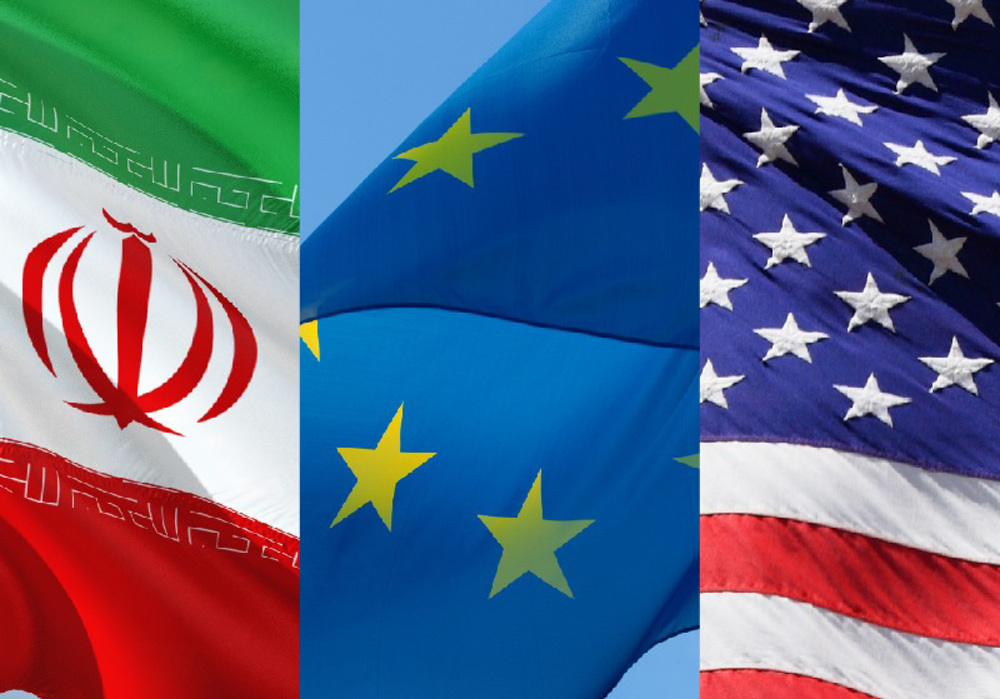
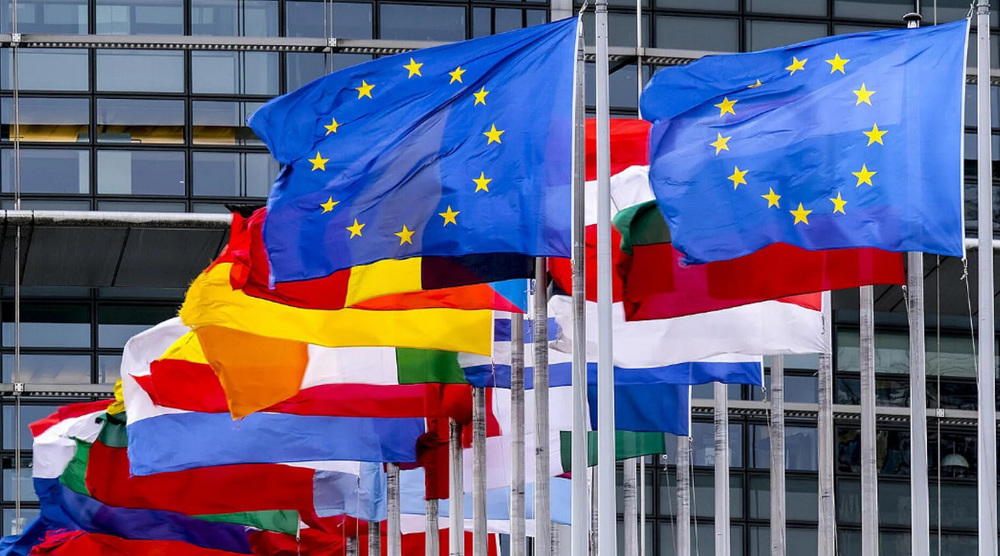
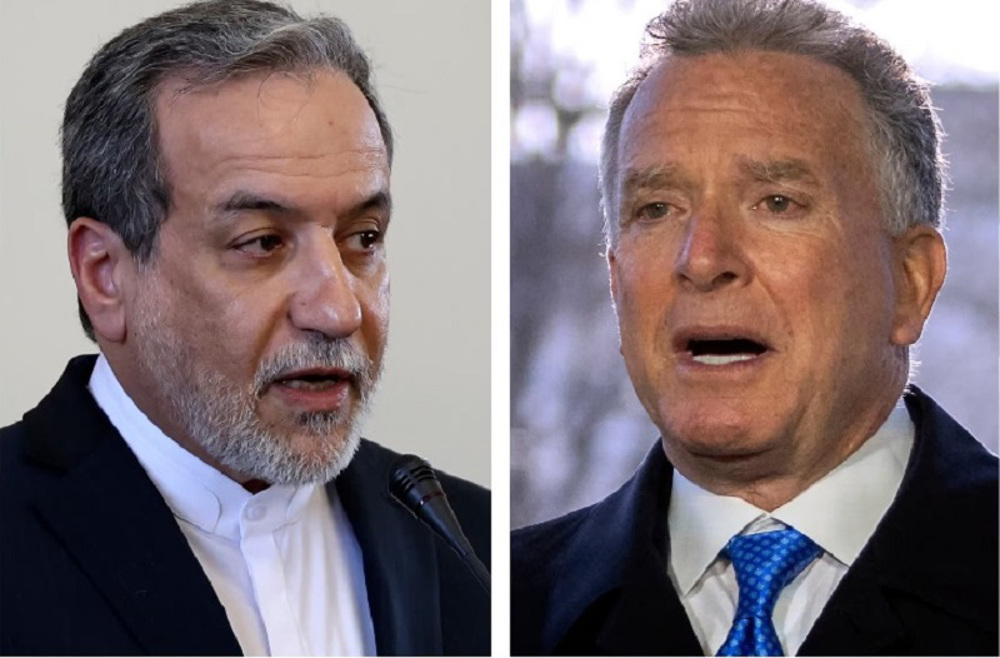
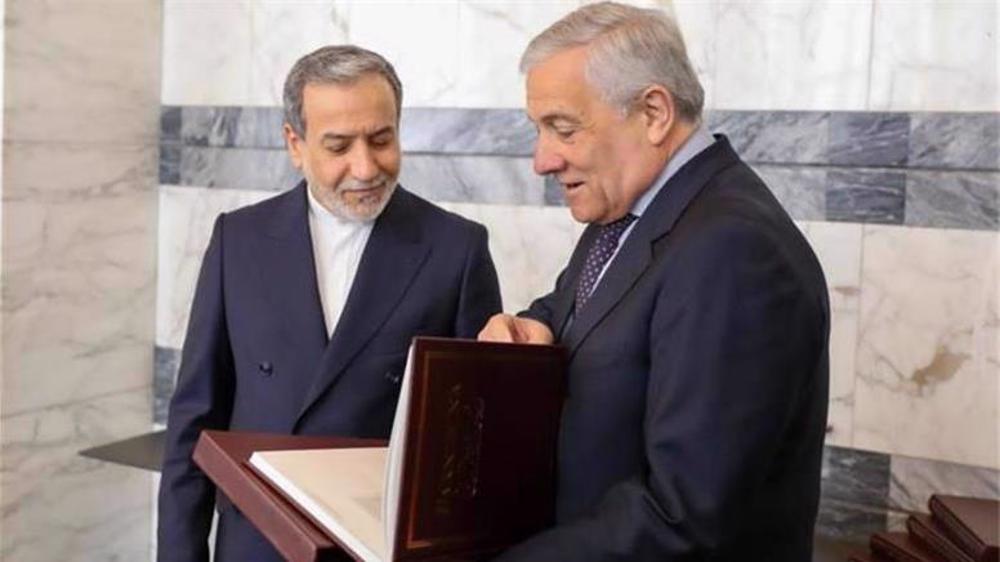
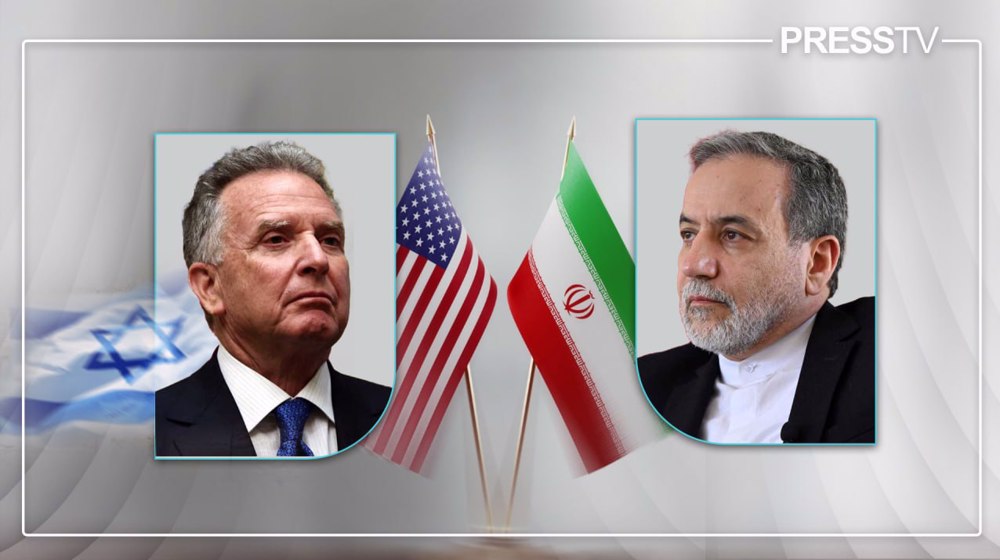
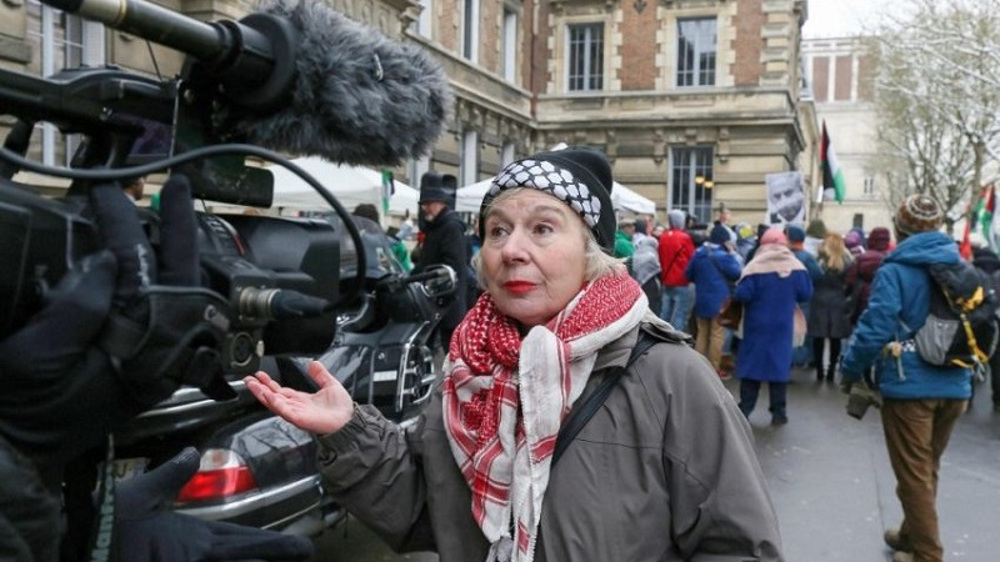
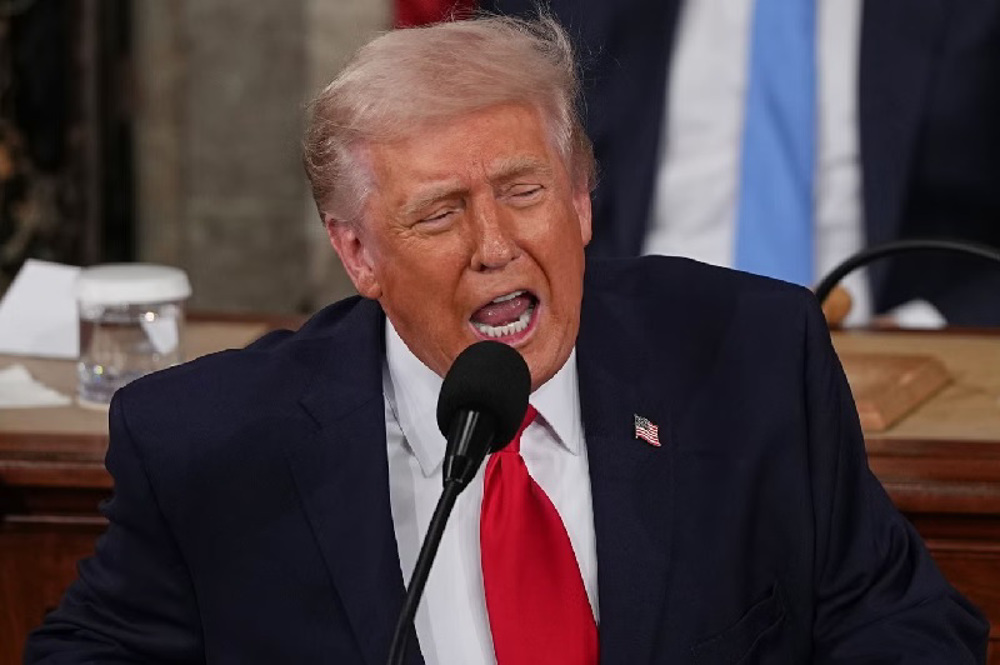
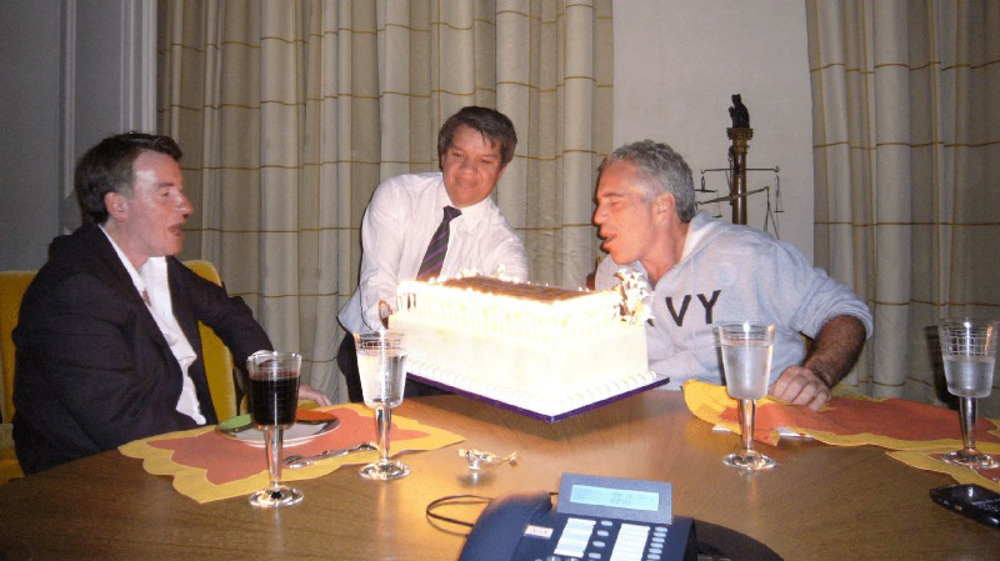



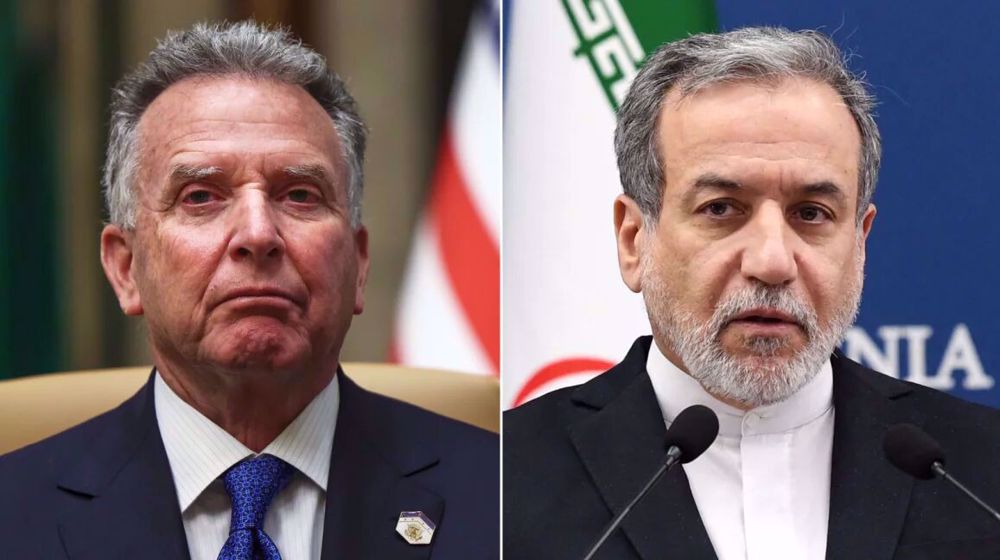
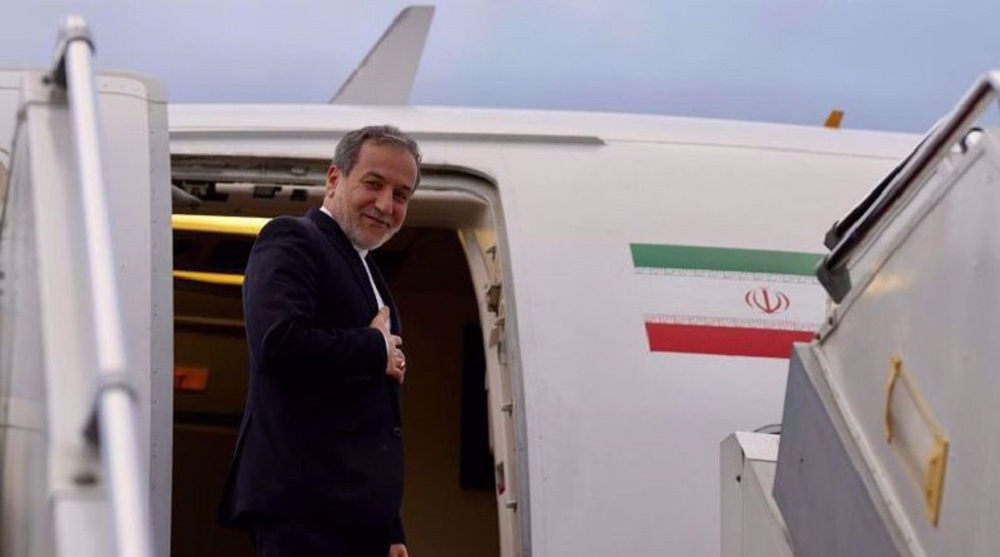
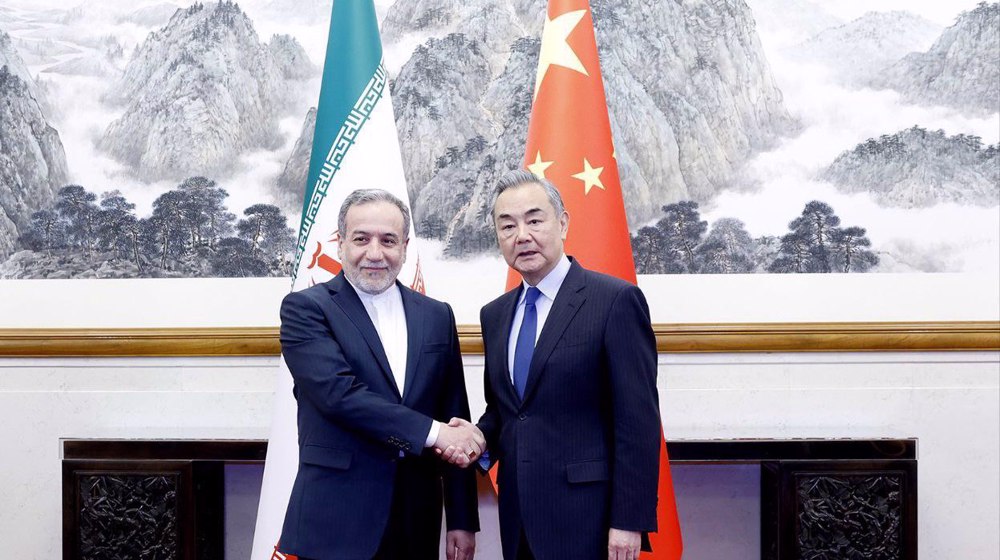
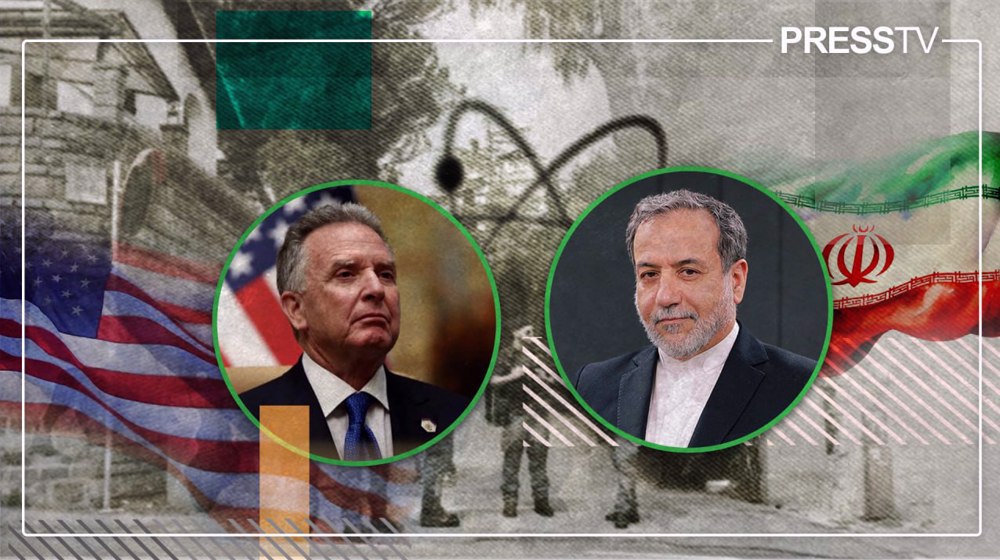
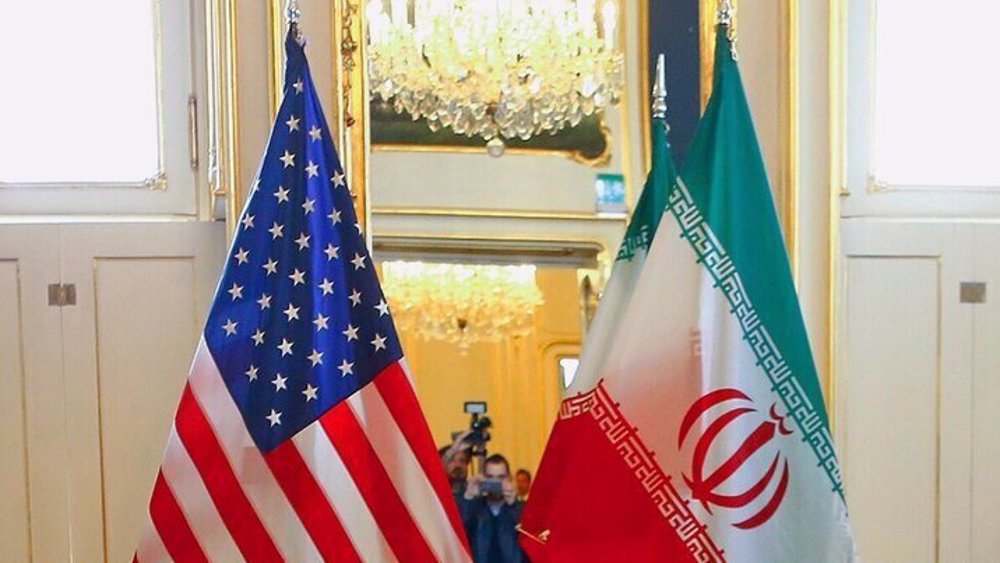
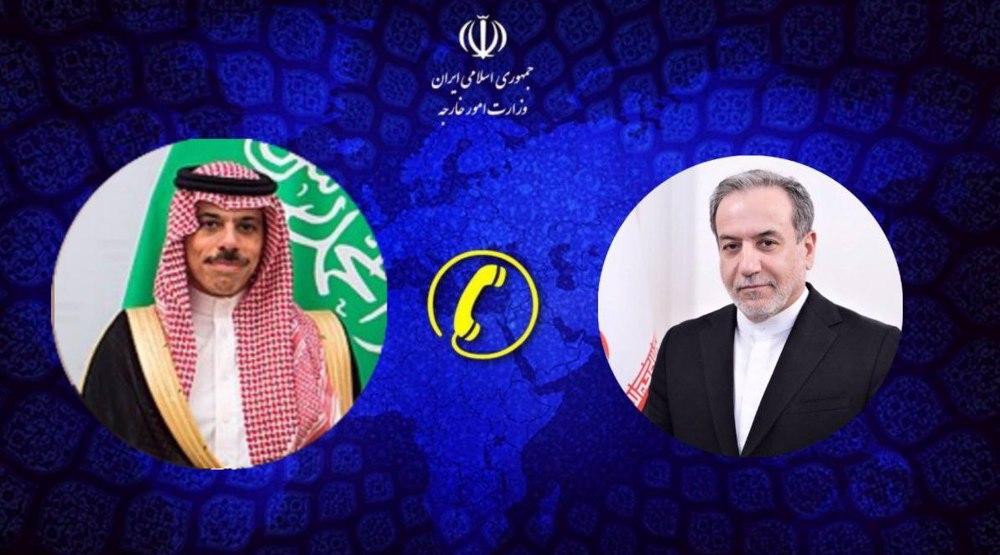
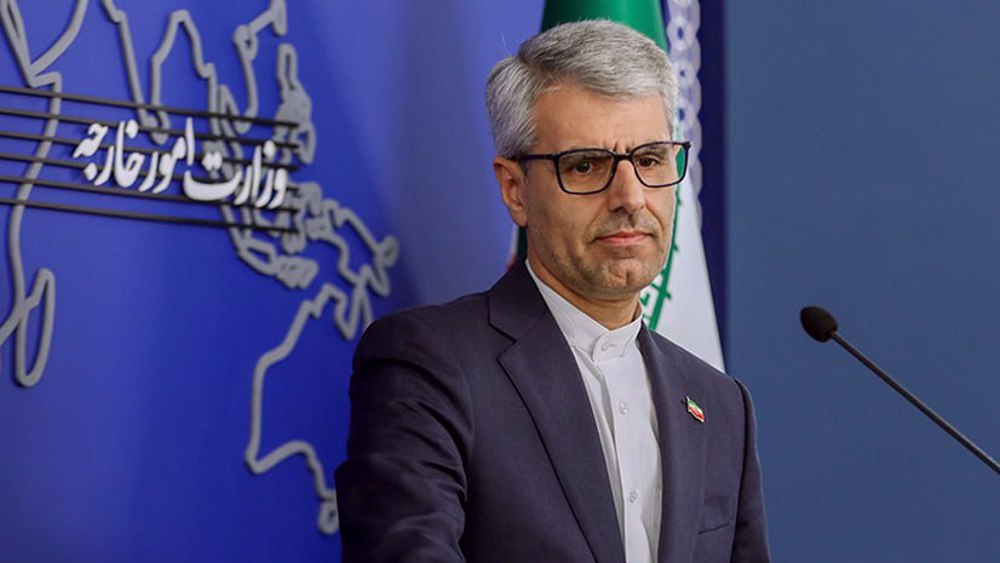

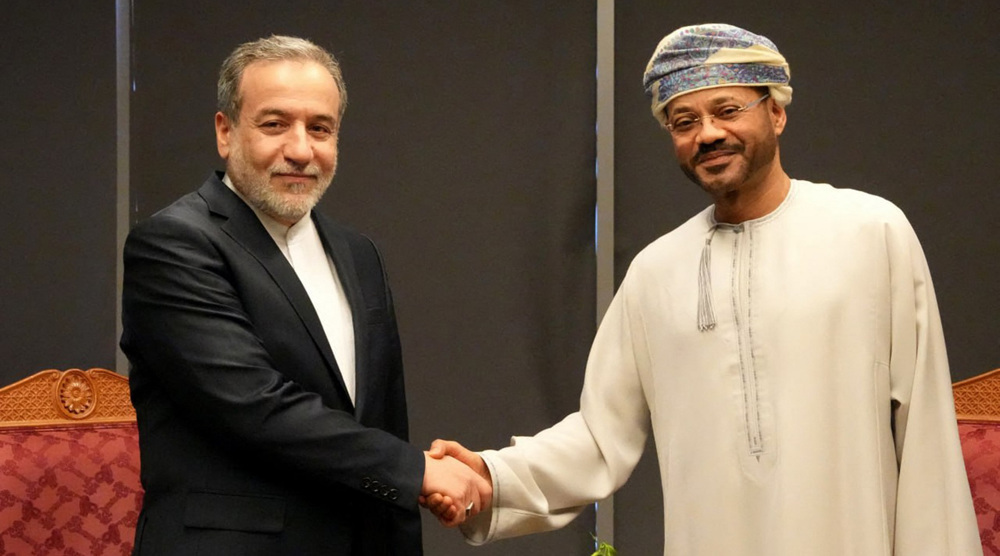
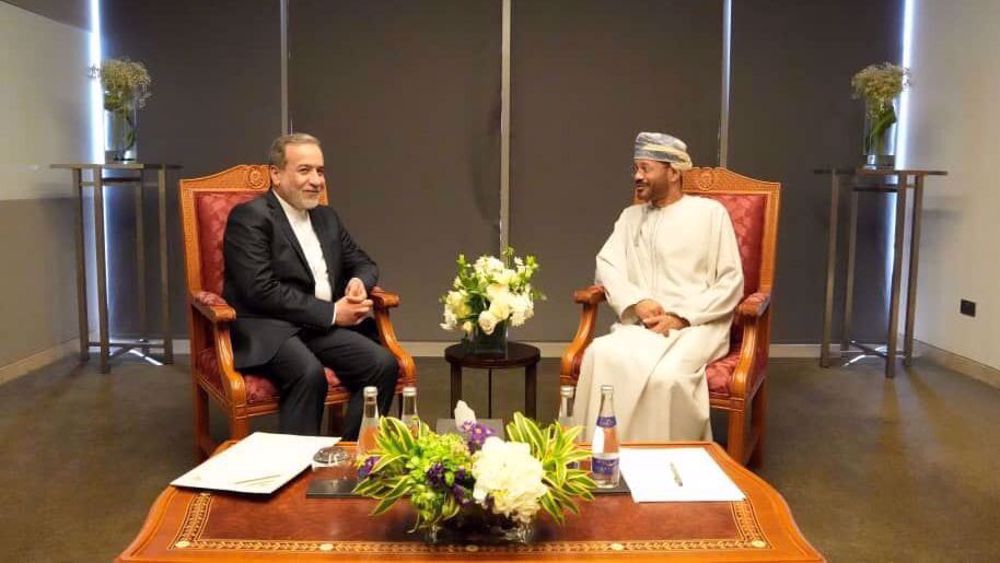

 This makes it easy to access the Press TV website
This makes it easy to access the Press TV website